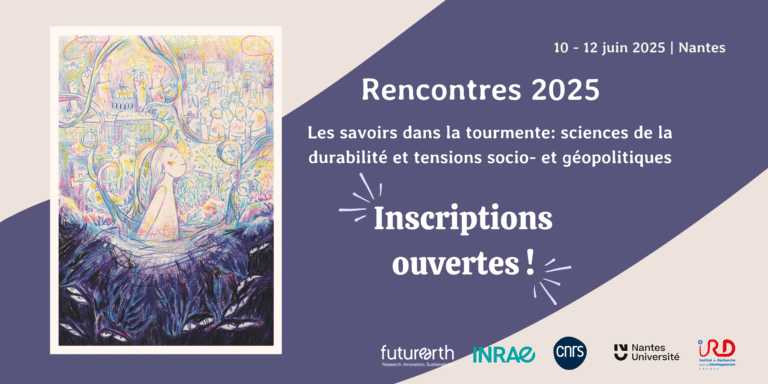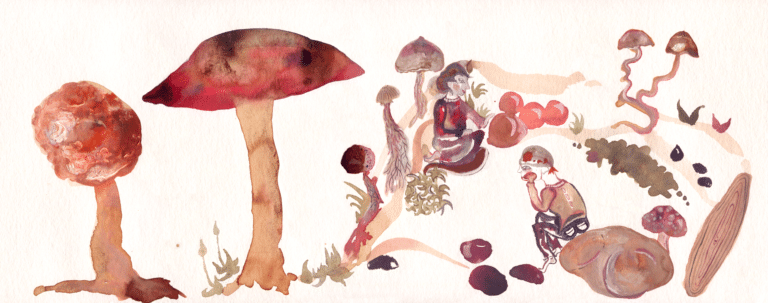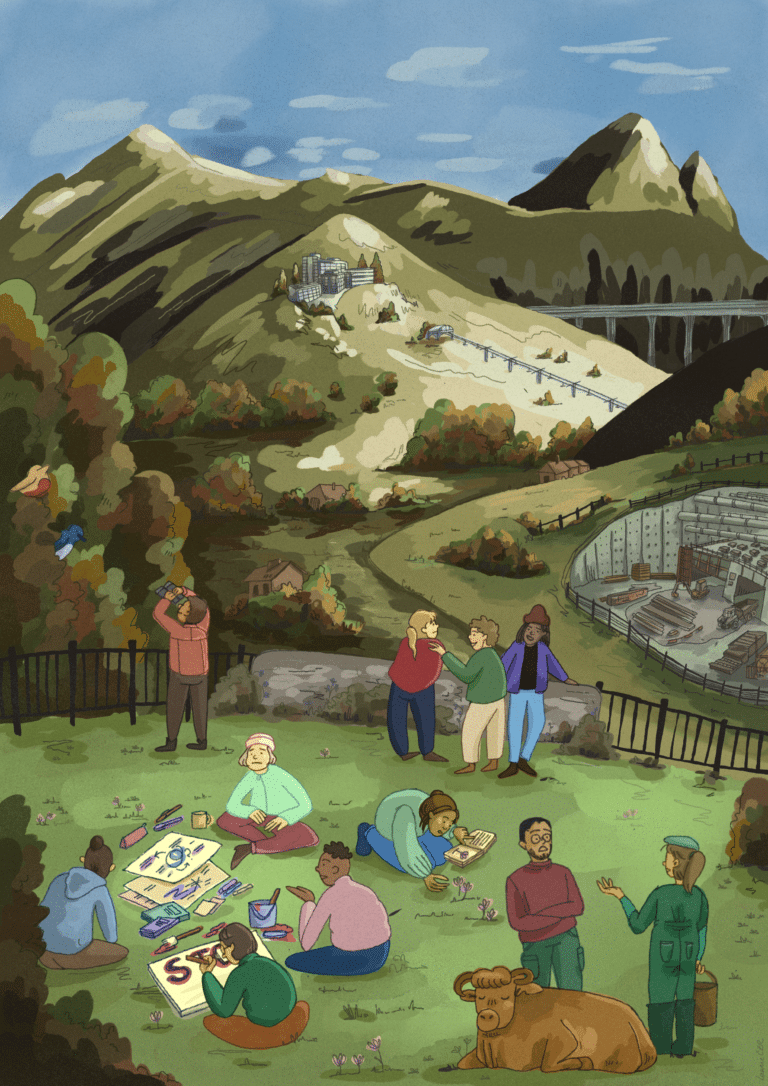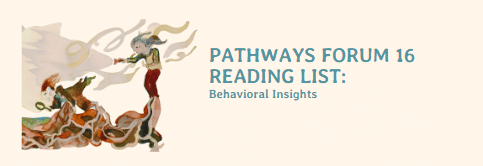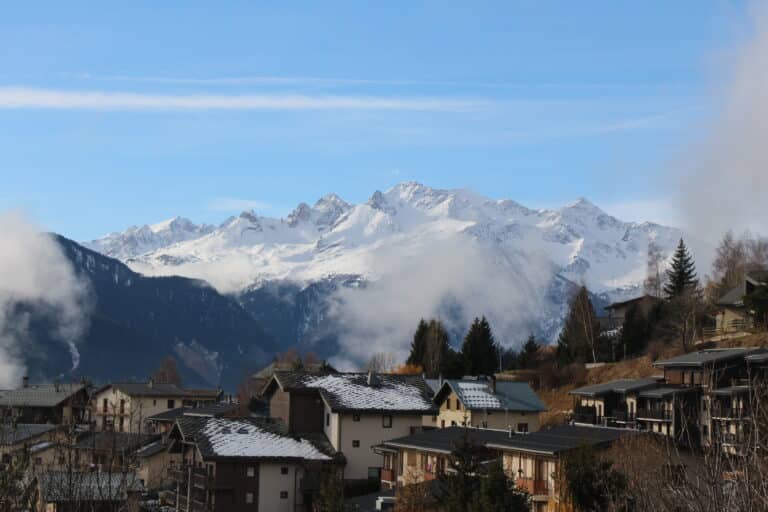Two of the communication projects funded by our Pathways Communication Grant have recently wrapped up, and we are excited to share their incredible work with you!
The Enabling a democratic energy transition in Colombia through collaborations between community and academia project
Renata Moreno Quintero and her team (Universidad Autónoma de Occidente) created a web doc to share the results from their « Rural Women and the Energy Transition » research project. As part of this work, they supported the formation of energy communities led by Afro-descendant women in Jamundí, Valle (Colombia). They wished to showcase how just energy transitions can be mobilized through knowledge co-production.
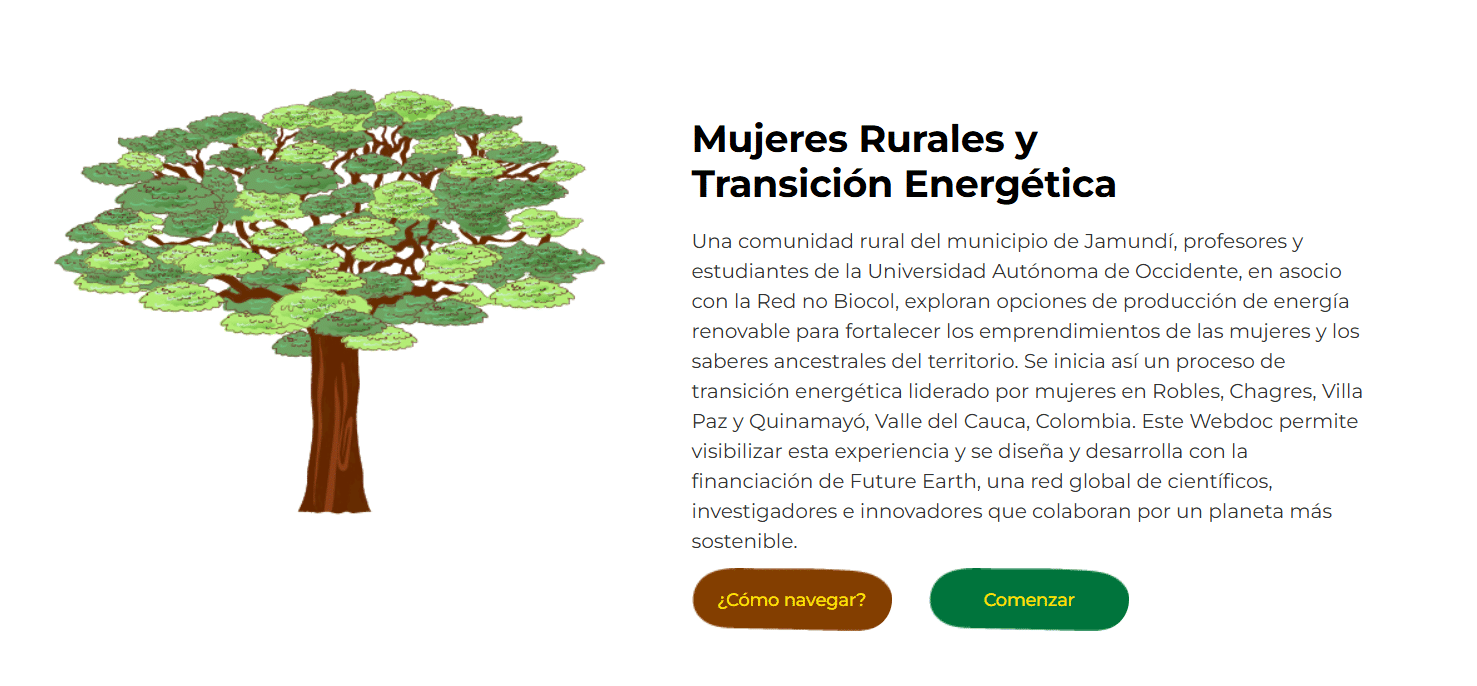
With this interactive web doc, they show all the workshops and interviews that were carried out during the project. By exploring the website and its the videos and podcasts, you can learn all about women’s knowledge on the local issues. How does armed conflict affect women’s businesses ? How are sweets and traditional farm products part of the identity of Jamundí? Or even, how did the construction of the Salvajina hydroelectric project affect the economic activities of the Afro-descendant population?
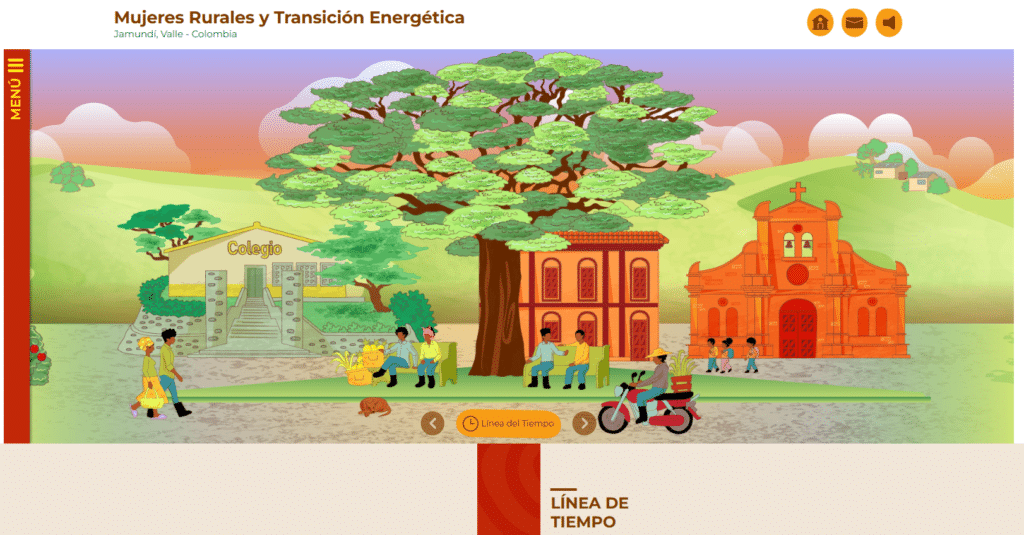
Infanta: Tales of Transformation 20 Years Transcending a Tragedy
Winifredo Dagli and his team from the University of the Philippines Los Banos have successfully produced their documentary film on the transformation pathways of Infanta, Quezon, two decades after the devastating 2004 flash flood. The project builds on Winifredo’s doctoral research, which examined the “central” and “peripheral” adaptation pathways in rural Infanta. This project highlights how various socio-technical approaches and their interactions have generated both new opportunities and emerging risks.
Titled “Matigal: Infanta’s Journey of Transformation,” the documentary premiered on November 29, 2024, during the 20th commemoration of the 2004 flash flood at the town plaza of Infanta. Organized by the Local Government, the event brought together hundreds of community members, local government officials, and representatives from civil society and community based organizations.

Through this film, the team documented ecological, economic, social, and institutional changes that have unfolded in Infanta over the past 20 years. Featuring perspectives from local decision-makers, program implementers, academics, church leaders, community organizers, and residents, the documentary challenges dominant portrayals of local stakeholders as passive actors in climate change adaptation. Key narratives include:
- Women-led resilience and sustainable livelihoods – The efforts of affected community members, particularly women, to rebuild through more sustainable livelihoods and invest in their children’s education as a long-term pathway to transformation.
- Shifting from illegal logging to sustainable practices – Former illegal loggers transitioning to agroforestry and sustainable tourism after the national government’s logging ban, using community organizing and participatory planning to reshape political relations and reduce vulnerabilities.
- Local governance for disaster risk reduction – The commitment of Infanta’s local leaders, particularly the Mayor and key advocates, in institutionalizing disaster risk reduction policies to prevent future catastrophes.
- Matigal: A local concept of resilience – The recognition of matigal as a defining trait of Infanta’s people. It is loosely translated as “resilience,” but also encompasses creativity and the ability to navigate adversity with resourcefulness and determination.

The production team includes Eduardo Roquino from the School of Environmental Science and Management, Charlene Mae Arkaina from the Department of Science Communication, Mar Maningas as director of photography, and Zeus Gunsay from the Department of Educational Communication at the College of Development Communication.
Following its premiere, the documentary will be screened at a special forum at UPLB in June 2025. An international version will also be made available online and amplified through a social media campaign.
You can find information about other previously completed communication products by clicking here. You can also follow our Newsletter to be informed of our next call for proposals !
_____
The Pathways Communication Grants Program seeks to ensure that scientific contributions supporting the development of pathways for sustainability reach relevant audiences beyond the scientific community. To promote wider uptake and understanding of pathways for sustainability, the grant supports the dissemination of scientific findings of place-based research projects via innovative formats and practices. For more information about this grant, you can visit this page.
